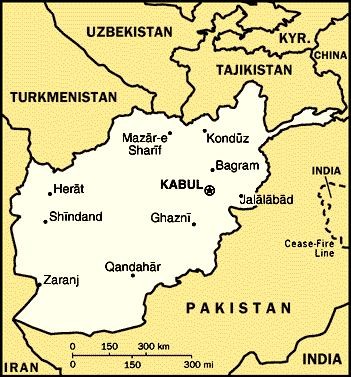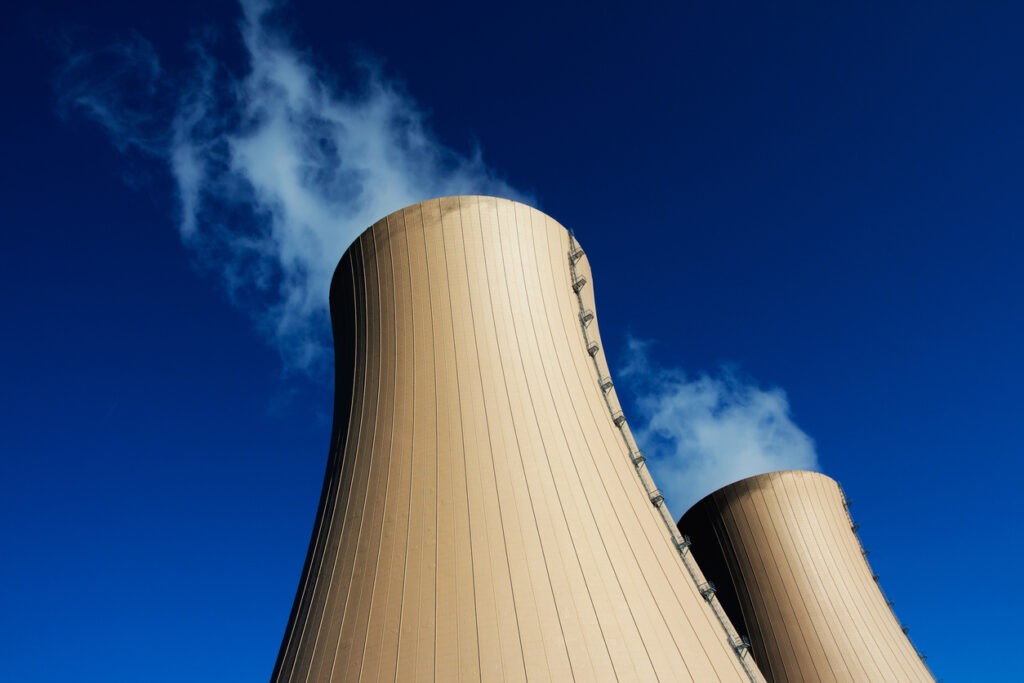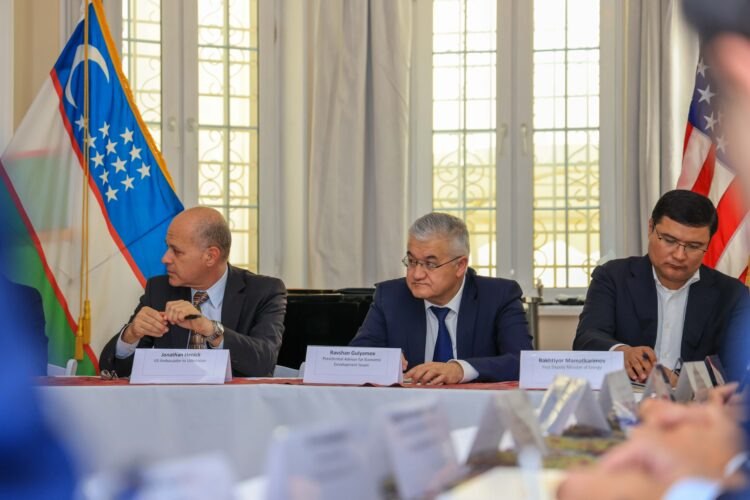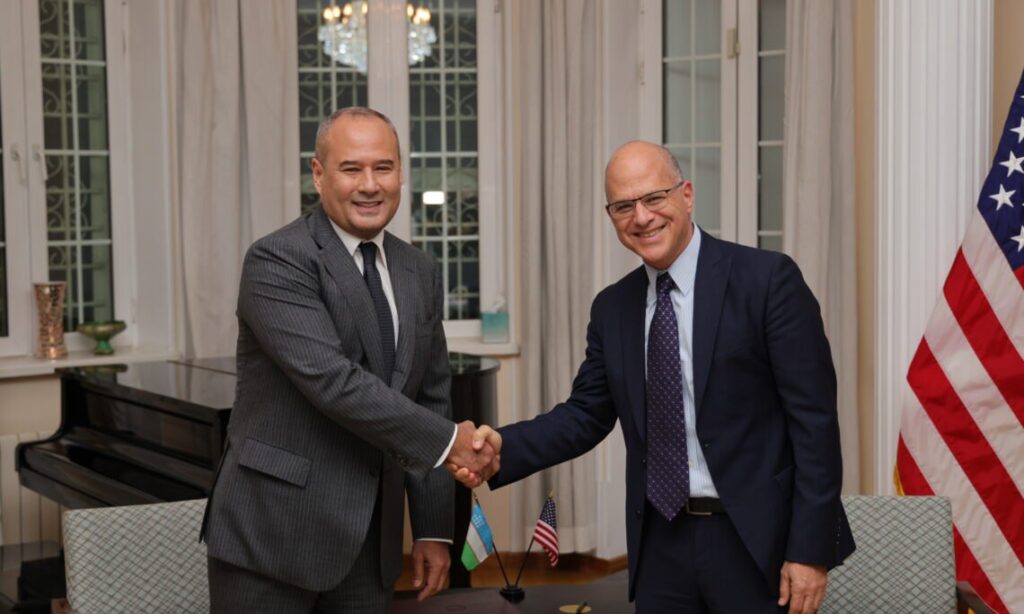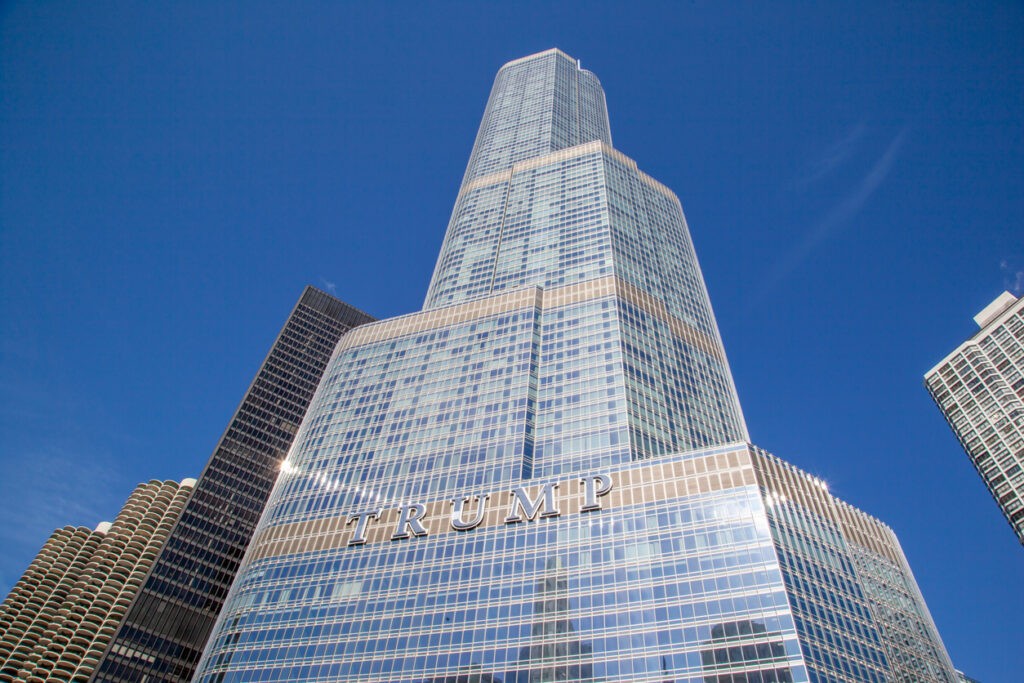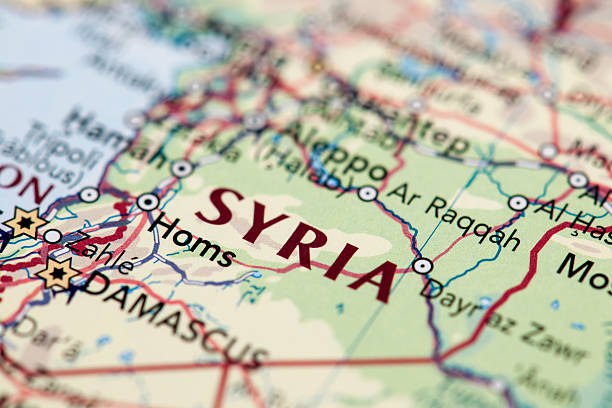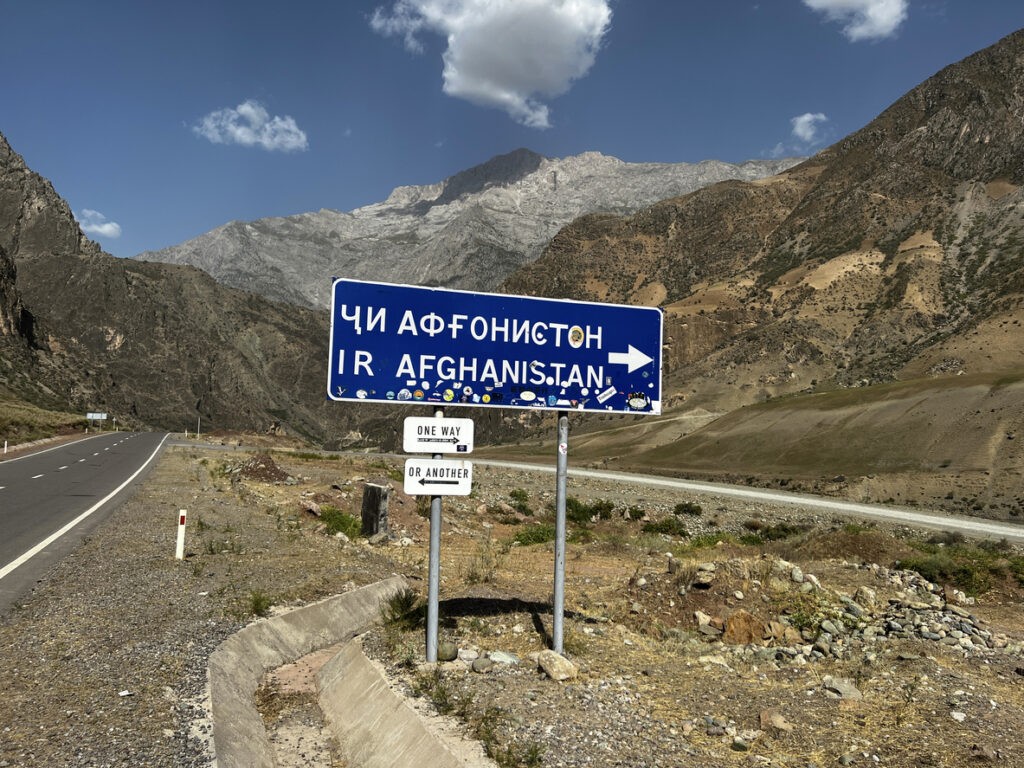OSH, Kyrgyzstan (TCA) — “The United States has spent some $115 billion in aid for Afghanistan, but 15 years after the hardline Islamist Taliban were toppled after the Sept. 11 attacks, a third of the country is out of government control and security forces are struggling,” Reuters wrote in a recent article.
Regarding Afghanistan, US President-elect Donald Trump promised the US electorate during his campaign a completely new policy to bring back the troops and stop the financing. But even if Trump manages to impose a “pull out, stay out” policy on America’s divided state apparatus, he will still face trouble concerning the legacy of almost half a century of interventionism. “Trump’s America First doctrine has left many wondering if he will be willing to continue spending billions of dollars funding Afghanistan, particularly given his declaration that: ‘We’re getting out of the nation-building business’,” Reuters’ article reads further down. “Wondering”? This is why they voted for him in the first place…
Afghangate
What has already looked like “Afghangate” for a long time, it is now more and more taking shape in the public domain. Recently, US media revealed a scam concerning the construction of a twin luxury hotel and business center right opposite the US embassy in Kabul at the cost of $85 million with building works abandoned and the funds disappeared. The money is but a small part of what the coordinating Overseas Private Investment Corporation (OPIC), which has been outsourced by the US government to carry out its annual multi-billion “aid” to Afghanistan, has poured into what more and more appears to be a bottomless pit – which now reportedly has swallowed the lump sum of a staggering $113 billion.
“[The Afghan] government has often become a self-serving means of enriching the political class,” an opinion piece posted recently by The Guardian reads. “Several politicians have built up business empires that overshadow any attempts to bring about positive change to people’s lives. The political elites have ethnocentric agendas, exacerbate tribal rivalries and political intolerance, erode political will, and increase impunity for the powerful.”
En route to Dubai
One example of the massive abuse of funds is the Kabul Bank which went bust of late. “The bank’s shareholders were mostly from the country’s political elite, and included cabinet ministers, MPs, and warlords,” the article reads further down. “The bank’s executives spent $160m (£130m) alone on 35 luxury villas in Dubai, many of which were registered in the names of shareholders. But those to blame for this massive money laundering have ultimately proved untouchable.”
The problem has been known for many years. “Members of prominent Afghan families, including Hashmat and Ahmed Wali Karzai, brothers of President Karzai, and Hamed Wardak, the son of the Defence Minister, Rahim Wardak, are among those accused of controlling private security firms benefiting from lucrative security contracts by paying off the Taliban,” The Independent wrote as early as March 6 2010. “It is suspected that much of the country’s drug money is being sent to Dubai, a base for many wealthy Afghans. Last week it emerged that more than $1bn a year in cash is being flown out to the Gulf state. Earlier this year, US officials witnessed an Afghan man en route to Dubai with three briefcases stuffed with $5m. Days later, the same man made a repeat trip with a similar amount of cash.” Now here is Trump’s big challenge: bringing those who condone this situation to justice and the cash back…
Taliban territorial control
According to the latest update, the Taliban currently controls the bulk of the southern provinces of Helmand and Farah, thereby having cut off most of the southwestern province of Nimruz from the rest of the country. For Central Asia, the main threat is the occupation by the Taliban of the provinces Faryab on the Turkmen border, most of Kunduz to its east on the Tajik frontier and Baghlan to its south and the northern part of Takhar to its east, also bordering Tajikistan and dangerously close to its giant Rogun river dam under construction. Afghan government troops only hold a number of pockets in all mentioned areas. Most of the province of Nangarhar in the central-east of the country bordering Pakistan is under the control of Daesh and the fact that they operate from there hitting state targets in Kabul and even the main American airbase in Afghanistan belies repeated statements by the government that the organization has been “evicted entirely” from Afghan territory. In reality, Afghan government troops only hold a number of pockets in all mentioned areas. Only a massive ground operation involving a substantial number of troops would be required to drive the Taliban out of their occupied zones – and even then it remains to be seen for how long.
Trump new policy
The spectre of US military returning home in coffins by the hundred no longer appeals to a growing majority of American voters, which explains at least part of Trump’ success. And whatever he does, or fails to do, will not reverse that trend. In the run-up of his first election eight years ago, Obama’s promises looked pretty much the same as those made by Trump today.
Obama failed to keep his vow to bring America at peace with the rest of the world under influence of the American “war lobby”. Will Trump be triumphant where his predecessor bit the dust? This is what not just Americans but people all over the world — including in the Russian Kremlin and the Chinese “Palace of Celestial Peace” and not in the least in Central Asia where people are living under the threat of the Taliban and their allies — are questioning.
Now here is Trump’s big challenge: bringing those who condone this situation to justice and the cash back…
